Courses Infomation
2-Day Chronic Pain Certificate Course from Robert Rosenbaum
 2-Day Chronic Pain Certificate Course Behavioral Treatment, Assessment from Robert Rosenbaum
2-Day Chronic Pain Certificate Course Behavioral Treatment, Assessment from Robert Rosenbaum
Faculty:Robert Rosenbaum
Duration:12 Hours 34 Minutes | Format:Audio and Video
Archive : 2-Day Chronic Pain Certificate Course from Robert Rosenbaum
Outline:
Chronic pain’s effects on mental health
Primary Defense
Prevention is the best medicine.
Early identification and quick action
Impact and Frequency of Pain
Prevalence and incidence: most prevalent categories
societal expenses
effect on the mental health and quality of life of the customer
socioeconomic variables
The Science of Pain
Pain is what?
environmental, mental, emotional, and physical aspects
Pain distress versus pain intensity
Variety of Pain
neuropathic and nociceptive
Effect of place
etiology, timeline, and sensation
inflammatory, malignant, and ischemic
Chronic vs acute pain
transmission and modulation of pain
Pain neurochemicals
Stress, Pain, and Brain
Sensitization of the brain
Attention’s function
Beyond Basic Biology, Pain
model, biopsychosocial
vicious cycles of unsuitable coping mechanisms
emotional and psychological effects of pain
Effects of pain on self-perception Busting pain myths
Observation, Management, and Intervention
Options for Treating Pain
Medical treatments and medications
Introduction to Analgesics Myths and Facts about Opioids
The opiate crisis
Efficacy and dangers of opioids
Addiction versus toleration
Addiction and abuse potential
Assessment
Basic guidelines
The interview
Psychometric instruments
Pain vs. distress
Behavioral Treatment
Technique vs. relationship
Mindfulness and other meditations
The hype and the reality
Focuses and open awareness
Breathing techniques: four methods
Comfort strategies: You are stronger than the suffering.
Awareness
Detection early is crucial.
Making concrete with names and images
Re-Focus
Changing attentional focus
Going proximally; going central
Visualization and hypnosis
Re-thinking
CBT for dreadfulness
Distinguish between pain and worry Handle flare-ups
Additional techniques for behavioral therapy
Pacing Mild motion
The value of the face, hands, and feet
Self-acupressure massage
Exercise for pain
Rest and sleep
Enjoy
fostering desirable traits
remedies for unpleasant feelings
sharpening emotional detail
Relate Promote wholesome connections
Deal with the challenging relationships
Considerations for differentiating therapy
Results of interdisciplinary interventions
Risks associated with psychotherapy techniques and research limitations
Description:
Another customer comes into your clinic upset about the severe pain they have every day. When they begin to tell their experience, the mask of annoyance starts to come off, revealing the hopelessness and despair that come with living in a permanent state of agony. Despite the fact that most doctors lack training in chronic pain, at least one-third of our clients experience chronic pain, therefore this scenario is all too common. We are unsure of the best method to assist our consumers as they turn away from pharmaceuticals and toward natural treatments.
Imagine teaching your consumers that while suffering may be inescapable, it is not necessary. Strengthen the therapy relationship by acknowledging that clients’ suffering is real and providing strategies for helping them immediately feel less distressed. To assist customers in understanding how the mind and body are related, look into acupressure and meditation.
Dr. Robert Rosenbaum, a neuropsychologist, teaches you the facts about the biology of pain in this tape so you may confidently inform and treat your clients. You’ll leave with the necessary knowledge and abilities to manage chronic pain by combining experiential exercises with cognitive-behavioral techniques, such as guided imagery, acupressure, meditation, and gentle movement.
Salepage : 2-Day Chronic Pain Certificate Course from Robert Rosenbaum
About Author
<author content>

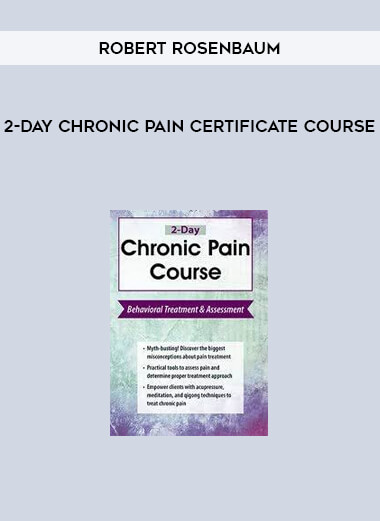

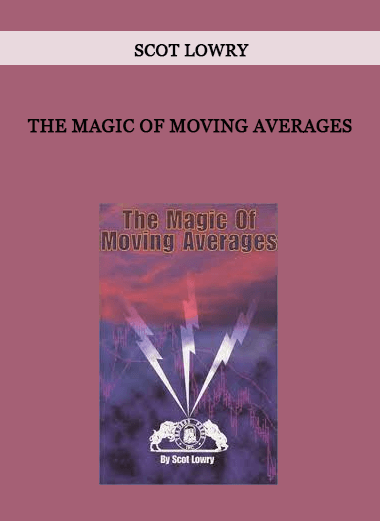
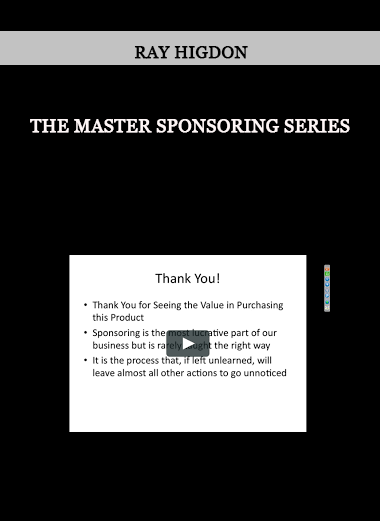
![Peter Titus - Create Your Own Automated Stock Trading Robot In EXCEL! [39 Video (MP4) + 2 Document (HTML)]](https://crablib.info/wp-content/uploads/2021/02/Peter-Titus-Create-Your-Own-Automated-Stock-Trading-Robot-In-EXCEL-39-Video-MP4-2-Document-HTML.jpg)


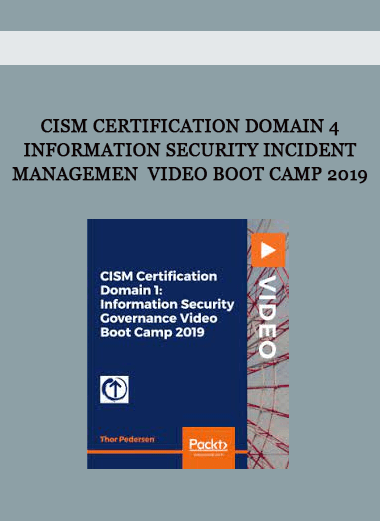
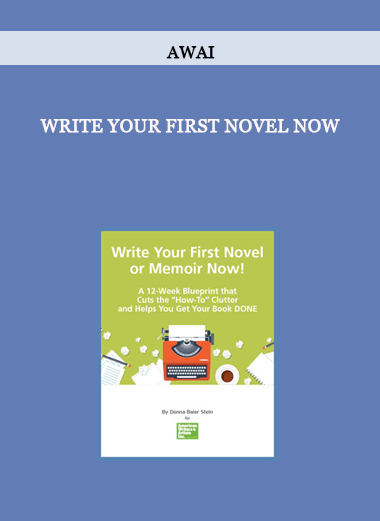

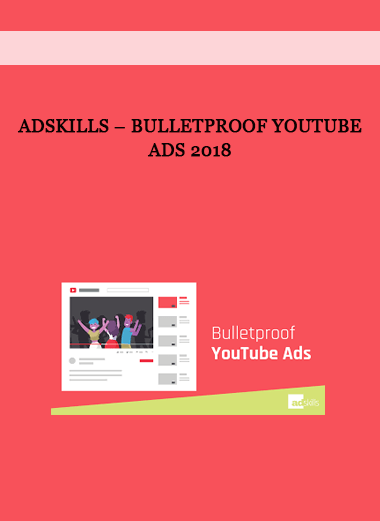



















Reviews
There are no reviews yet.